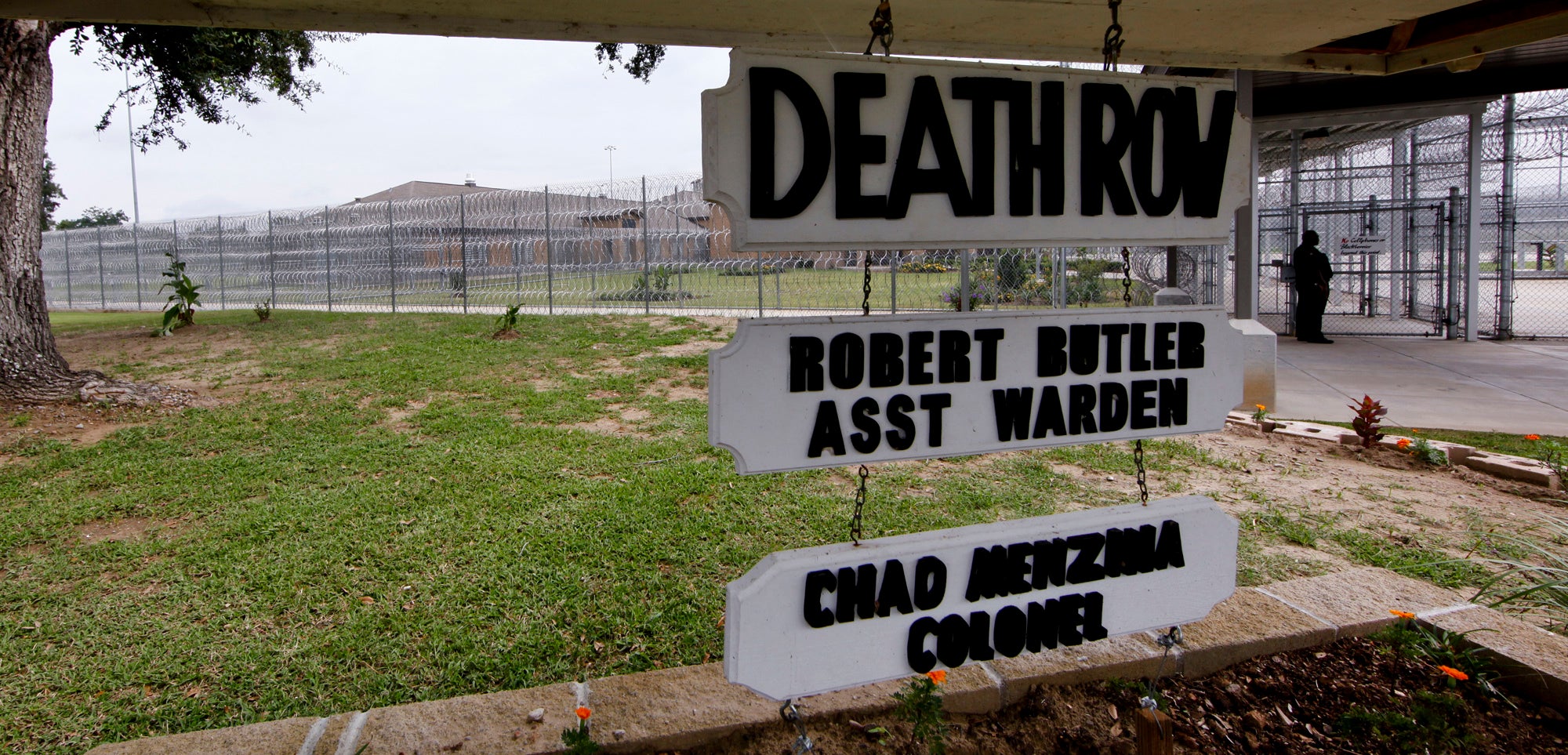Could Louisiana soon resume death row executions?
Louisiana Gov. Jeff Landry has hinted that the state may explore expanding its methods of executing people on death row

Louisiana hasn’t carried out a death row execution since 2010, but between a new conservative governor who is in favor of capital punishment and other states implementing alternative methods to lethal injections, the Deep South state could soon look at ways to resume.
During a news conference Wednesday, Louisiana Gov. Jeff Landry hinted at a willingness to explore expanding execution methods, saying he is committed to upholding “contractual obligations” between the state and victims’ families after a death sentence has been handed down in court.
“I have committed myself to those (victims') families because I have sat in front of those families. I have listened to those families from all over the state,” Landry said. “They deserve their day of justice. That is what the jury has granted them.”
“I and the Legislature... are going to fulfill our commitments,” he added.
Around 60 people currently sit on Louisiana’s death row, according to the Louisiana Department of Public Safety & Corrections. However amid legal battles and a lethal injection drug shortage, executions in the state have stalled, with none currently scheduled.
Over the past few years, a handful of states have sought to reinstate other execution methods, such as firing squads.
Most recently Alabama carried out the nation’s first execution using nitrogen gas. When that state put Kenneth Eugene Smith, a convicted murderer, to death on Jan. 25, it was also the first time a new execution method had been used in the United States since lethal injection, now the most common one, was introduced in 1982.
“States around us are finding ways and methods in order to execute those who have been tried, and convicted, and sentenced to death,” Landry said.
The idea of using of nitrogen gas for executions is gaining traction elsewhere in the country. The state of Oklahoma already has a law authorizing the use of nitrogen gas, as does Missouri, and some others including Nebraska have introduced measures this year to add it as an option.
Last year there were 24 executions carried out in five states, according to the Washington, D.C.-based Death Penalty Information Center. Twenty-nine states have either abolished the death penalty or paused executions.
Last year nearly every death row inmate in Louisiana asked for clemency — the commutation of a death sentence to life in prison — from then-Gov. John Bel Edwards, a Democrat who favored eliminating capital punishment. The handful of applicants who were granted a hearing were denied clemency.
During Wednesday's news conference, Landry said he still plans to call a special legislative session in February during which lawmakers will focus on addressing crime. Capital punishment could also on the table.
Landry said he would be meeting with legislative leaders in the afternoon to discuss what would be on the special session's agenda.
Bookmark popover
Removed from bookmarks